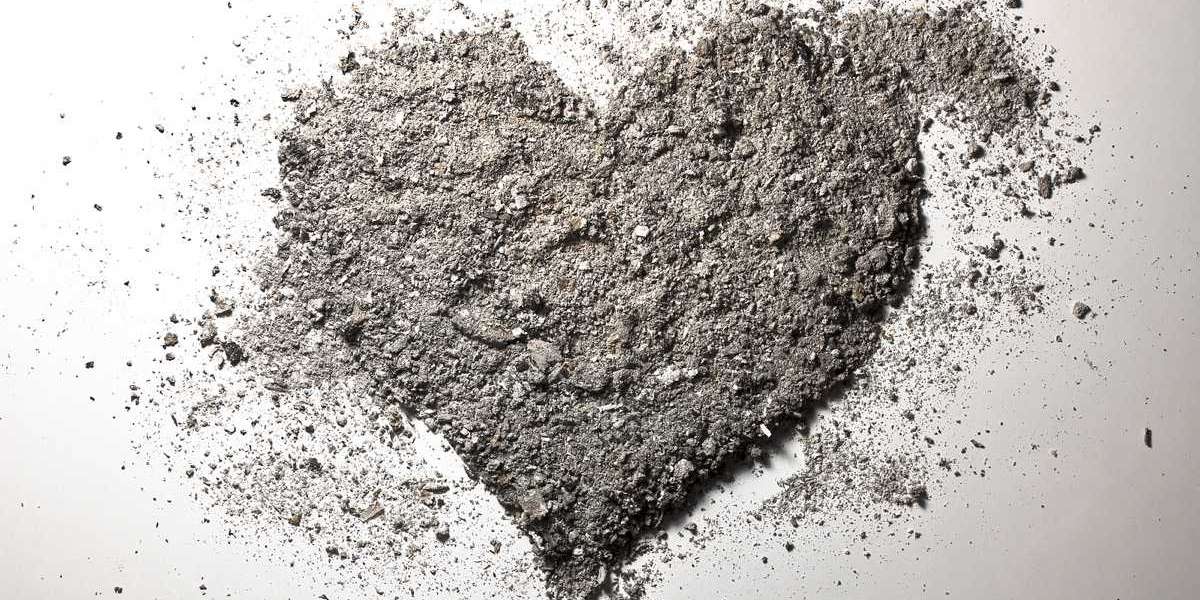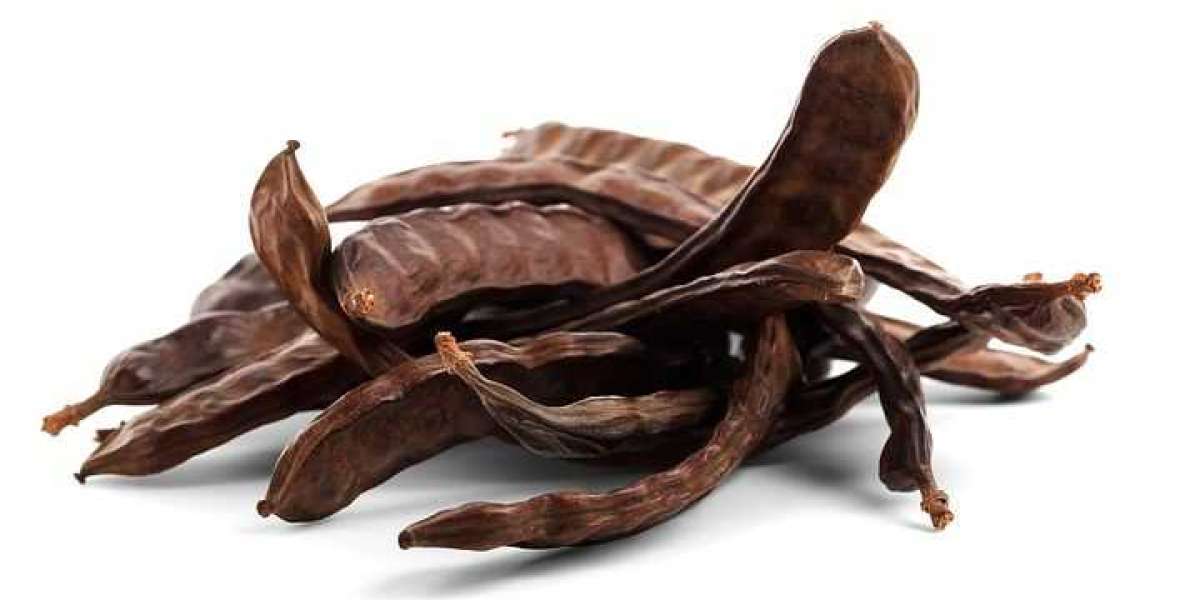cremation costs is often seen as a more affordable option compared to traditional burial, but the cost can still vary depending on the type of service chosen, location, and additional factors. Understanding the breakdown of cremation costs will help ensure that you make the right decision for yourself or a loved one.
1. Basic Cremation Costs
The base cost of cremation is primarily determined by the type of service selected:
Direct Cremation
- Cost: $500–$3,000
- Details: Direct cremation is the most cost-effective option. It includes the cremation of the body without any memorial service or viewing. This is a simple process, and the ashes are typically returned to the family after cremation. It’s ideal for those seeking a basic and affordable option.
Cremation with Memorial Service
- Cost: $1,500–$5,000
- Details: This service includes the cremation followed by a memorial service. The service can be held at a funeral home, church, or another venue. The ashes may be present at the service. Additional costs apply depending on the venue, flowers, and whether the service is personalized.
Cremation with Full Funeral Service
- Cost: $2,000–$10,000
- Details: This package includes the cremation as well as a full funeral service, which may involve embalming, a viewing, and a formal ceremony. A rental casket is typically provided for the viewing. This is the most expensive cremation option due to the additional services and materials involved.
2. Additional Costs
While the basic cremation service is typically straightforward, several optional costs can add up:
Urns
- Cost: $50–$1,000+
- Details: Urns vary in price based on material (wood, ceramic, metal) and whether they are custom-designed. A basic urn is affordable, while high-end or personalized urns can be much more expensive.
Keepsake Memorials
- Cost: $30–$500
- Details: Many families opt for keepsake memorials, such as jewelry or small urns, to hold a portion of the ashes. These items can be designed to reflect the loved one’s personality or interests.
Columbarium or Burial Fees
- Cost: $500–$5,000
- Details: If you wish to store the ashes in a columbarium (a structure with niches for urns) or bury them in a cemetery, these services come with their own costs for the plot or niche.
Scattering Services
- Cost: $200–$1,000
- Details: If you plan to scatter the ashes in a special location, professional scattering services can help with transportation and permits. These services ensure that the process is done respectfully and legally.
Death Certificates
- Cost: $10–$50 per certificate
- Details: Death certificates are often required for legal purposes and can be ordered for a small fee in addition to the original copy.
3. Factors That Influence Cremation Costs
Several factors can impact the total cost of cremation:
Location: Cremation prices can vary based on geographic location. Urban areas tend to have higher costs due to higher demand and operational expenses, while rural areas may offer more affordable prices.
Service Type: The level of service you choose significantly affects the cost. A direct cremation is typically much cheaper than a full funeral with cremation, which includes embalming, a viewing, and a formal service.
Funeral Home vs. Cremation Provider: Funeral homes that provide a range of services tend to charge more. In contrast, direct cremation providers, which specialize in cremation-only services, offer lower rates.
4. Cremation vs. Traditional Burial
Cremation is generally a more affordable alternative to traditional burial:
Traditional Burial: The total cost for a traditional burial, which includes a casket, burial plot, embalming, and a headstone, can range from $7,000 to $15,000 or more, depending on the services and location.
Cremation: Direct cremation typically costs between $500 and $3,000, which makes it a more budget-friendly option compared to burial. Even if you choose a full service with a memorial, the total cost is usually less than a traditional burial.
5. How to Save on Cremation Costs
If you're looking to reduce cremation costs, here are some tips:
Choose Direct Cremation: This is the most affordable option, as it avoids the costs associated with embalming, viewings, and a formal memorial service.
Pre-Arrange Cremation: Some providers offer pre-planning options that lock in current prices, allowing you to avoid future price hikes.
Shop Around: Compare prices from different providers and consider using a direct cremation service if you’re not looking for a full funeral.
Skip Non-Essential Services: You can save money by eliminating optional services like flowers, a formal memorial service, or an elaborate urn.
Conclusion
Cremation offers a flexible and generally more affordable alternative to traditional burial, with costs that can vary depending on the services selected. By understanding the factors that influence cremation costs and the various options available, you can make an informed decision that aligns with both your needs and your budget.



